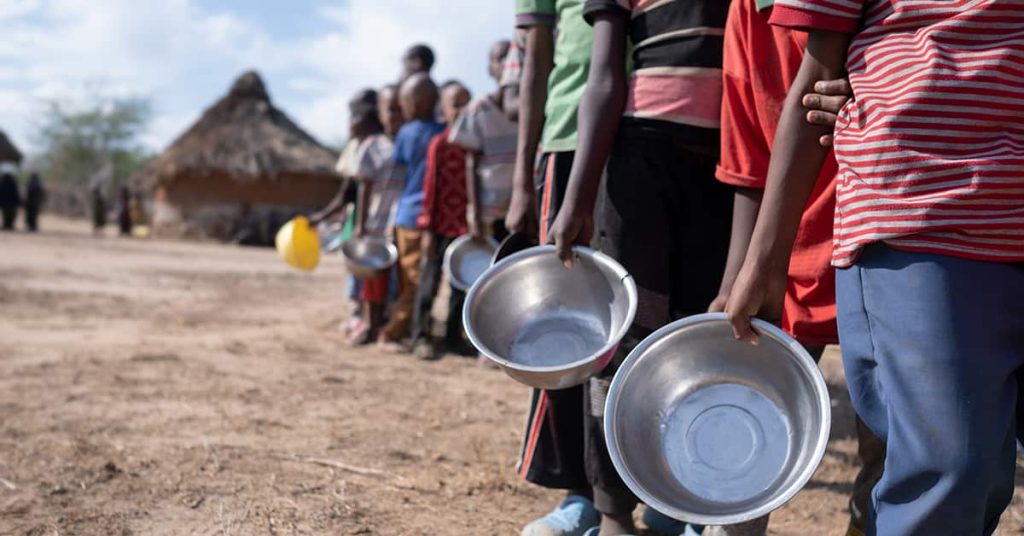Omaheke governor Pijoo Nganate says his office will start distributing nutritious meals to about 460 children and 40 adults in the region.
He was discussing malnutrition in the region with Desert FM on Tuesday.
Nganate said he was considering a more permanent preventive measure involving food systems at farm Nuwe Hoop, which currently has 200 chickens.
“As we speak, the young people, 30 of them who are volunteering their services, are basically putting up two greenhouses, and then we will also do dryland crop production,” he said.
Nganate said this is to ensure the region becomes food self-sufficient.
He said the Office of the Governor, in partnership with Global Head Start Kids, rolled out the distribution of micronutrients to children with malnutrition, children admitted to hospitals, children discharged from hospital, and children who have not been admitted to prevent them from being admitted.
Nganate said the impact this initiative is “very, very amazing”.
“You can see a child before the administering of those micronutrients, and after the administering of the micronutrients – a huge, huge difference,” he said.
In 2023, 45 children in the region died of malnutrition, while 132 cases were recorded.
Nganate said since the beginning of December that year, 78 new malnutrition cases were recorded at the regional health office, with 33 in hospital.
He said the governor’s office is distributing food to 55 000 inhabitants of the region out of a population of 102 000 people.
In total, the government is providing food to about 26 000 households, Nganate said.
“ . . . which is a significant number of people who have been provided food for by the government. So in terms of food provision, I think the government is adequately addressing the issue,” he said.
The Omaheke region recorded 300 cases of malnutrition from January to June last year.
This led to 263 hospitalisations, 26 deaths, and nine readmissions.
Malnutrition claimed the lives of 45 children last year, out of 132 cases reported.
Nganate said the current number of children hospitalised for malnutrition is 34, emphasising they are re-admissions.
Stay informed with The Namibian – your source for credible journalism. Get in-depth reporting and opinions for
only N$85 a month. Invest in journalism, invest in democracy –
Subscribe Now!










